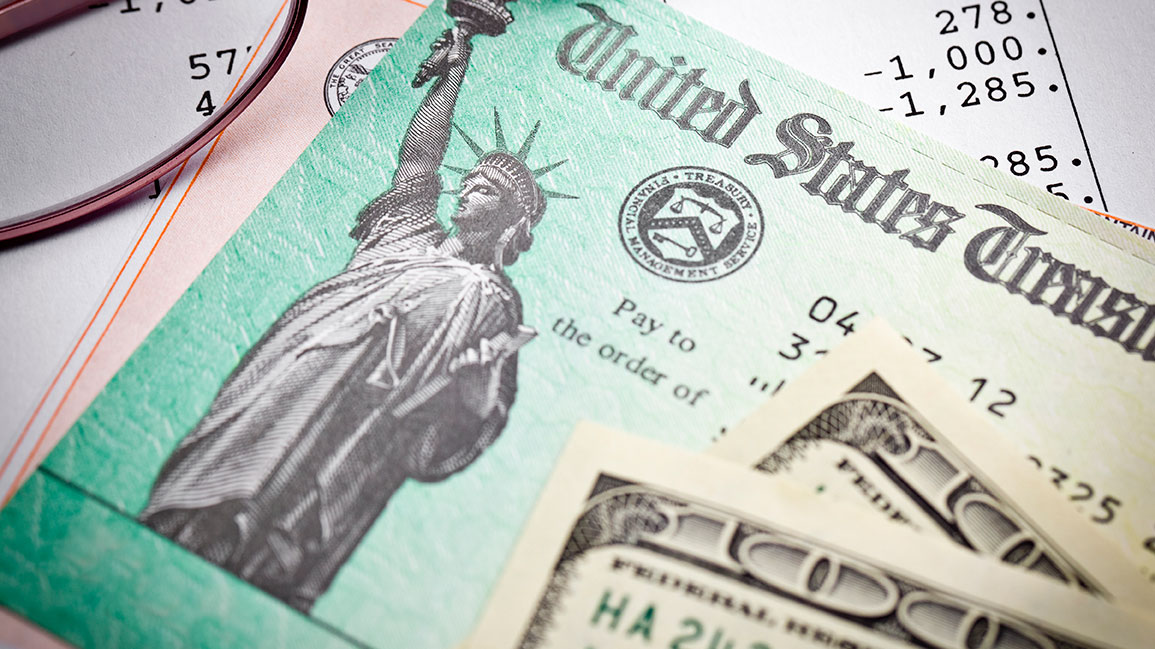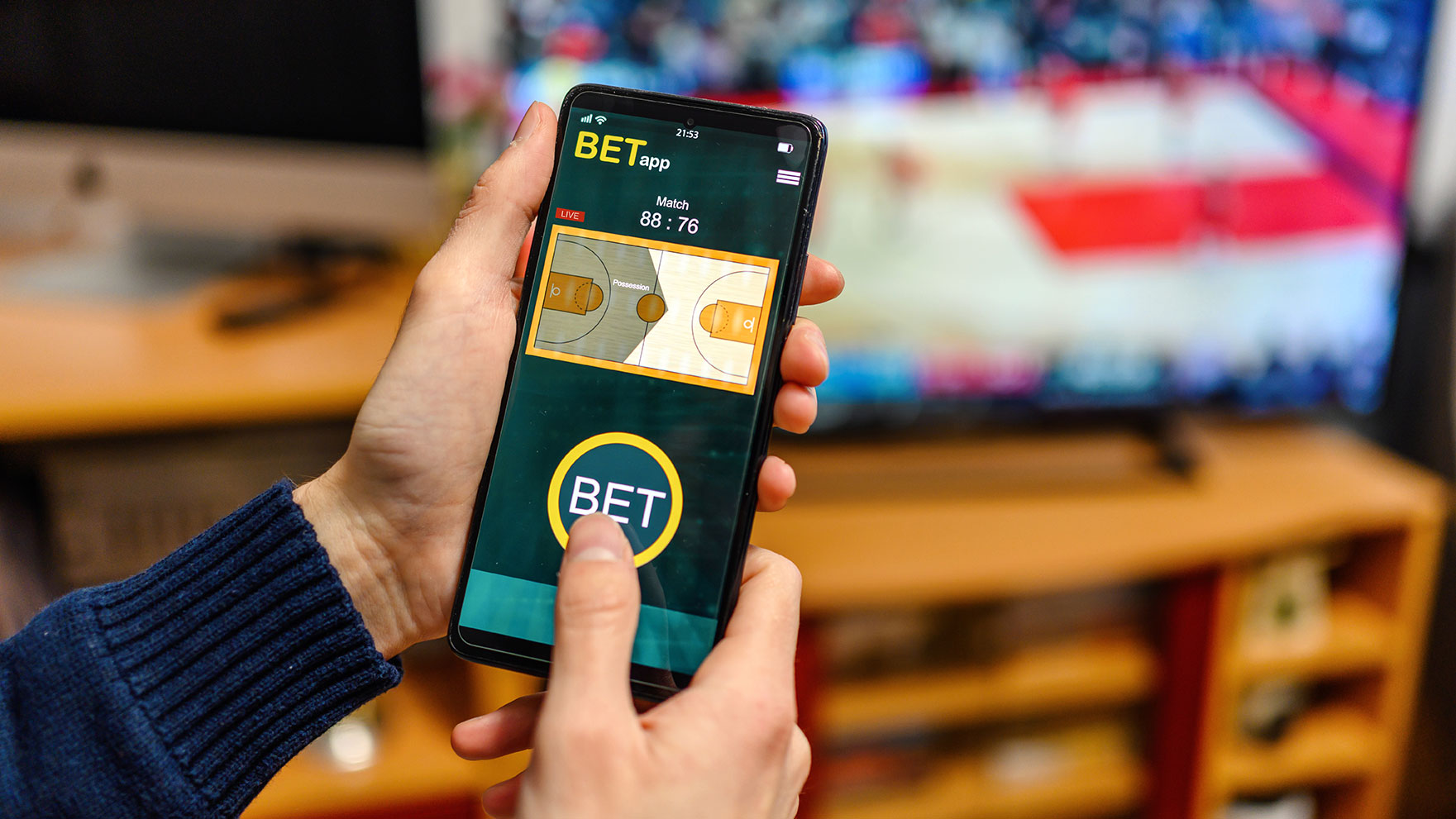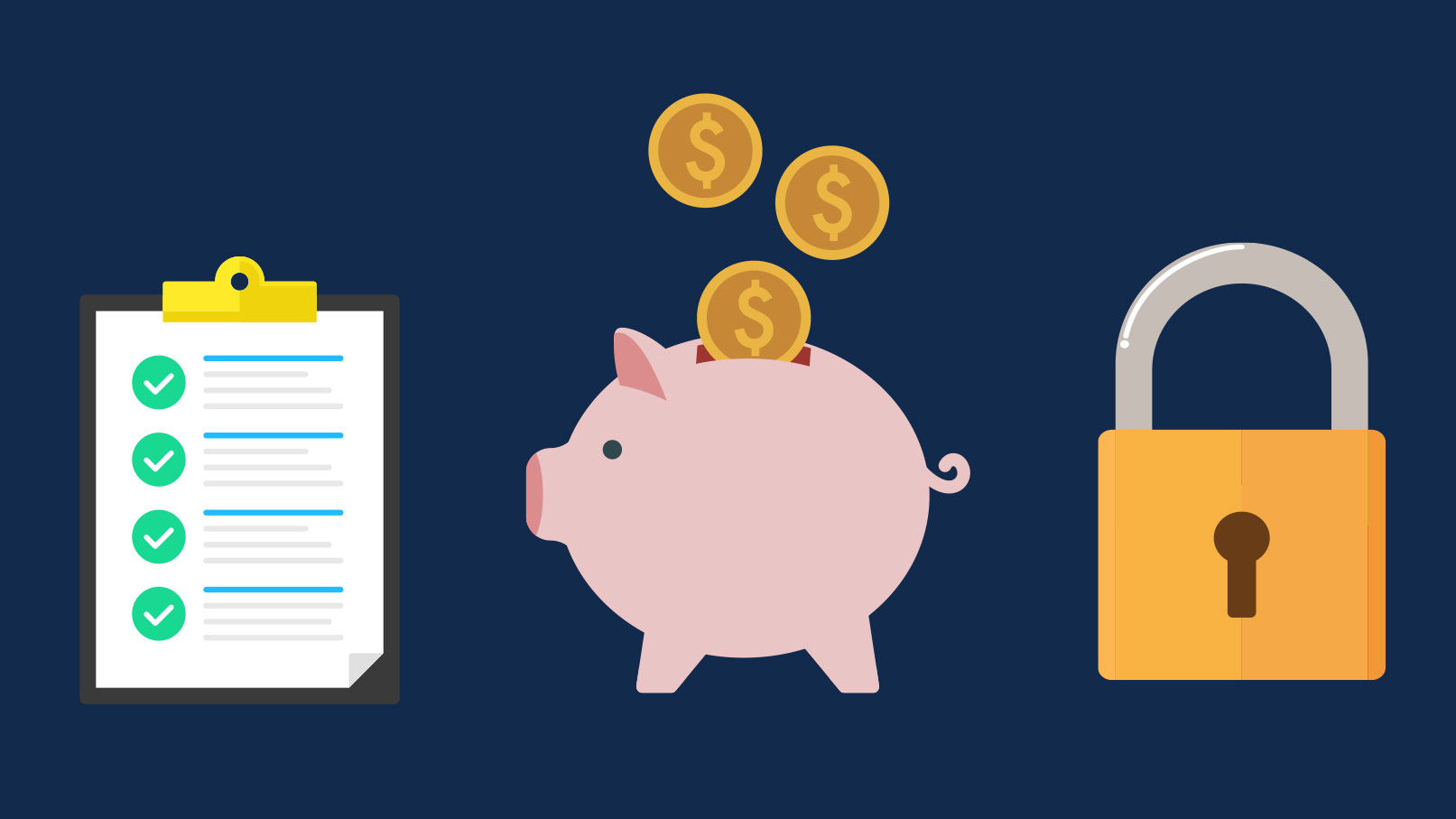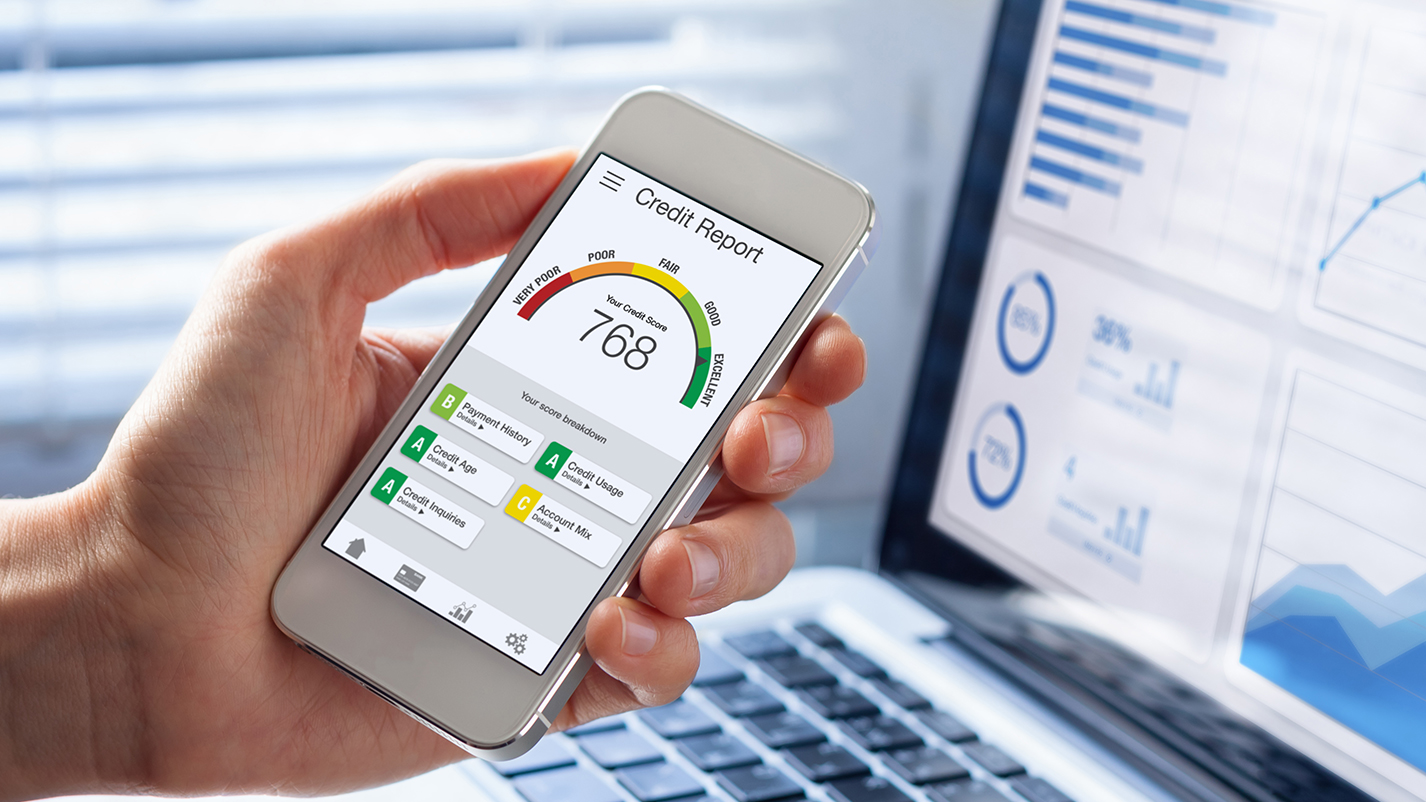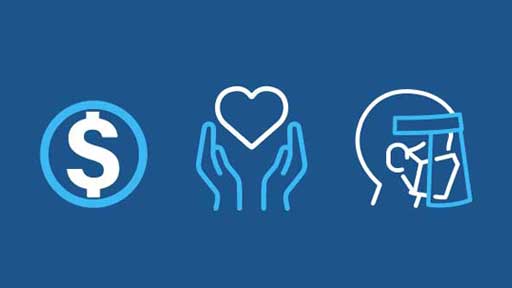
A budget is a tool you create to better understand your spending and income. It can show you:
- How much money is coming in (your income).
- How much money is going out (your expenses or spending).
- Exactly where your money is going.
Your budget can be used as a guide to map out your financial journey. Whether you are the parent of a young child, a retiree, or anyone in-between, a budget can help you reach goals, save up money, get out of debt, or just have a better understanding of your complete financial situation.
Below are steps to take when building out your personal budget.
Know your income
The first step to determining your budget is to understand how much money you are bringing home. When evaluating your income, consider these sources to calculate your monthly total:
- Your salary or wages after tax
- Side hustle earnings
- Investments
- Any other regular means of income
Only include consistent funds so you can plan accordingly throughout the entire year. Irregular income, such as birthday gifts, bottle returns, a tax refund, or other additional earnings, should not be factored into your 12-month budget. Instead, consider using this extra money to:
- Boost your emergency savings fund
- Save for big expenses, such as a trip or holiday gifts
- Treat yourself occasionally
- Pay down debt
Know your expenses
Next, determine your expenses to better identify spending habits, set realistic goals, and avoid debt. Over a 30-day period, track all your expenses. Then, place them in one of the three categories below:
Fixed Expenses
Expenses that remain at a consistent amount over 12 months, such as:
- Mortgage or rent
- Insurance
- Loan Payments
- Property or city taxes if they aren’t included in the escrow of your monthly mortgage payment
Variable Expenses
Expenses that change in amount or frequency, such as:
- Groceries
- Dining out
- Utility bills, such as electric, gas, and water
Discretionary Spending
Voluntary expenses that are often considered to be wants, rather than needs. Additionally, they can be fixed or variable amounts and might not occur each month of the year (in cases of seasonal uses), such as:
- Subscription services, like Netflix, or meal delivery kits
- Lawn care or snow removal
- Hobbies and entertainment
- Unnecessary spending on clothes, shoes, games, or other non-essentials.
Need assistance with writing down your various forms of income and expenses? Utilize MSGCU’s Home Budget Analysis Calculator to help you categorize all of your information, view the total amount spent on each category, and even what percentage of spending each category currently uses.
Now that you have your income and expenses written out in front of you, the next step is to create your budget.
Budgeting Methods
There is not one method to budgeting that works for everyone, and finding the tool that works for you is crucial to your success. Below are a few budgeting methods:
- Zero-based budgeting – Each dollar of income is assigned to a specific part of your budget (saving, paying bills or debt, expenses, etc.)
- Use our budget sheet to assist with this method.
- 50/30/20 Rule – When you allocate your income by:
- 50% going to your needs
- 30% going to your wants (entertainment, dining out, hobbies, etc.)
- 20% going to savings and debt repayment
- Envelope system – This method requires that you create physical or digital envelopes. When the money runs out in the physical or digital envelope, you can no longer spend in that category.
- Physical envelope: Label envelopes with your different spending categories and place a dedicated amount of cash into each envelope.
- Digital envelope: Set up secondary saving accounts in online/mobile banking dedicated to your spending categories. Put in the amount of money you need to make your payments into the secondary savings account.
How to cut down your spending
The final step in creating your budget is determining where you can save money based on your current spending habits. Often, many do not even realize they have a spending habit until they create their budget. It can be eye-opening to see how much an occasional small purchase can add up, and it doesn’t always mean you need to eliminate that spending habit. As long as you can afford it, it is up to you to determine if a change is required and by how much.
Reducing spending helps grow your savings, pay debts off faster, or assists in reaching your financial goals in the shortest time possible. Below are common ways to lower monthly spending:
- Cancel unused or reduce the number of subscriptions
- Use coupons and shop sales
- Cook at home instead of dining out
- Find free or low-cost entertainment
Here are some ways to enjoy a spend-free weekend.
Build an emergency account
An emergency savings account is important to protect your budget from any unexpected expenses derailing your plan. Start with a goal to save $500 or $1,000 at first, then strive to eventually build it to three to six months’ worth of living expenses. This does not need to happen all at once. By simply setting aside $10 or $20 every week, you can build your emergency account in roughly one year.
Check out MSGCU’s Emergency Savings Calculator to create your own custom plan toward building an emergency savings account.
Review and Adjust
Remember that a budget is never finished. It is important to continually review your budget to see what you are doing well, where you can still improve, or what other changes need to be made.
We’re here to help
Want more help? From one-on-one appointments with a certified financial counselor, to interactive budgeting tools, to custom education brought directly to your workplace or classroom, MSGCU offers tools and resources to help you. Call, chat, or make an appointment today to get started.
Category: Finance
« Return to "Blog"





















